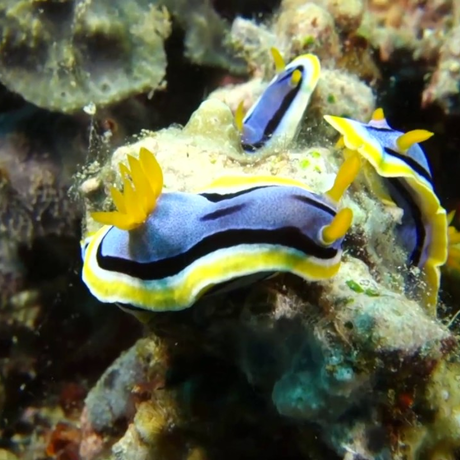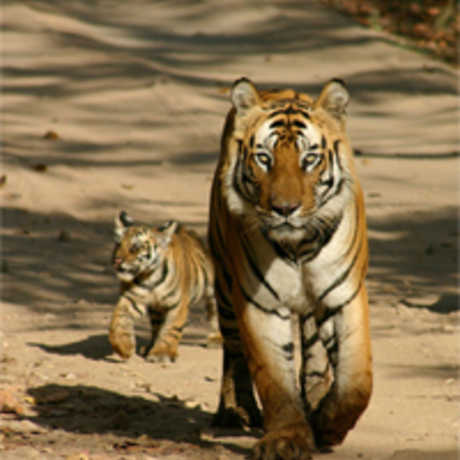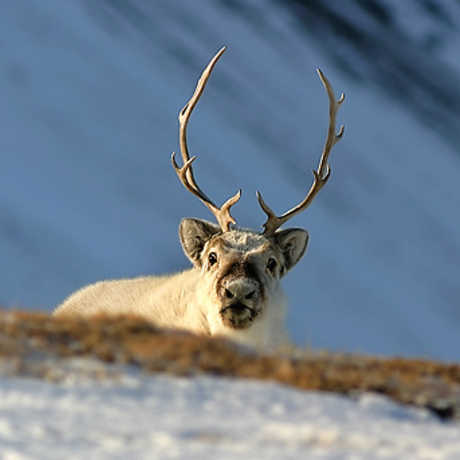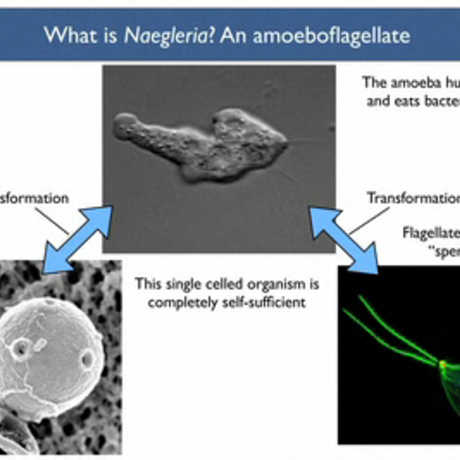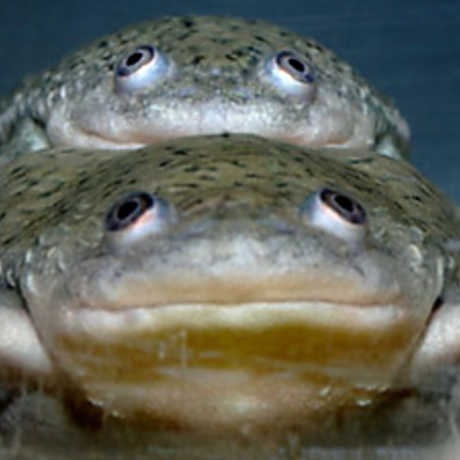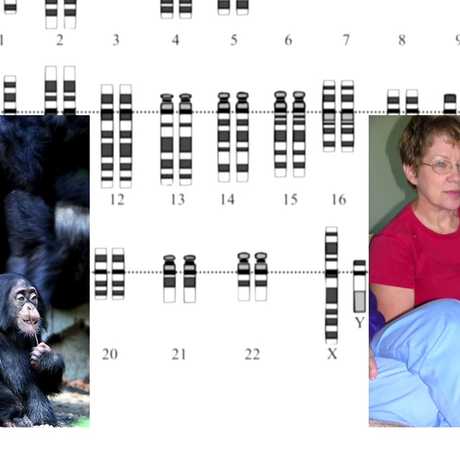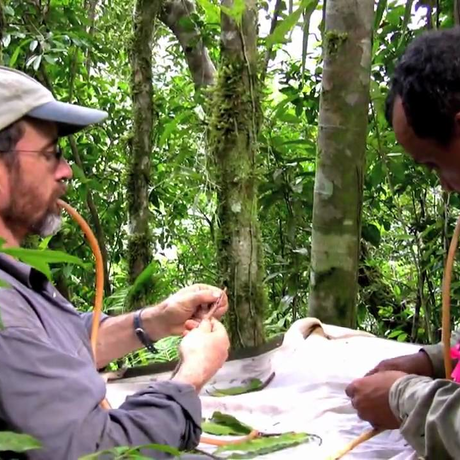We're open daily! View holiday hours
Featured Articles
Today's post is Science Today's last. Thanks for joining us these past eight years!
Ecologically- and economically-rich coral reefs occur in very specific places on our planet.
New species finds include a succulent plant, worms and crustaceans near a hydrothermal vent and desert bees.
How can we effectively communicate the urgency around plastic pollution in the ocean to effect change?
Scientists have described a new species of dinosaur found in the red rocks of Utah.
A diverse group of scientists recently solved the 3,000 year-old case of how King Tut died.
Tigers. Symbols of power, grace and beauty; cultures and religions around the world prize them. Unfortunately, so do the organized crime rings.
Reindeer may be the only ones not complaining about Daylight Savings Time because they have no internal clocks.
The Baltic Sea has been experiencing algal blooms, making its waters essentially a dead zone.
A type of amoeba that can change its form is teaching scientists about how early life developed.
UC Berkeley researchers, led by Tyrone Hayes, have found that the pesticide atrazine can turn male frogs into females.
Comparing the differences in the Y chromosomes in chimps and humans has created quite a buzz.
Brian Fisher's passion for ants takes him all over the world, especially Madagascar. He continues to go...
Sea Urchins have no eyes or visual organs, but researchers are proving that they do in fact see.

